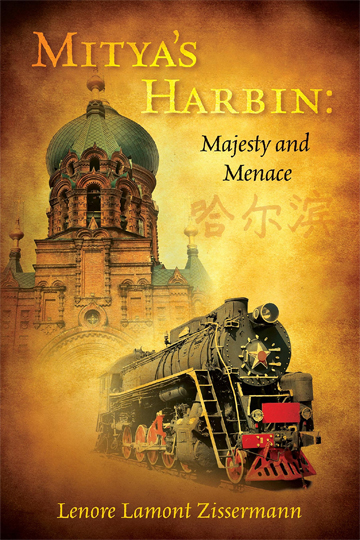In the late 1950s, the Soviet Union was pressuring its citizens in Harbin, China, to return to Mother Russia. For the family of Dimitry (“Mitya”) Nikolayevich Zissermann and other White Russians, leaving their beloved “home town” had its perils. Few wanted to labor on the collective farms – their likely fate if they returned. But where else could they go, and how would they get there?
The Manchurian settlement of Harbin, headquarters of the Chinese Eastern Railway, had grown into a multicultural city by the early 1900s with an unmistakable Russian identity, coupled with unique Chinese-Russian relations. In the ensuing years, the city survived and sometimes even thrived during the Russian Revolution, Manchuria’s Japanese occupation, the Soviets’ expulsion of Japan from the region, Chinese civil war, and China’s Communist Revolution.
Harbin’s eventual transformation from an obscure rural settlement into a strategic Chinese manufacturing center exhibiting increasing animosity toward foreigners impacted the Russians in countless ways. This is one of their stories.


